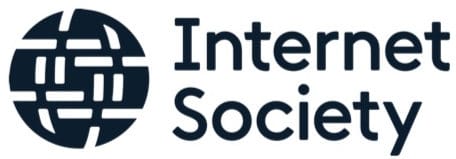[Editor's note: The following is a guest editorial from Nat Cohen, who provides interesting details about the birth of Public Interest Registry and its role with Internet Society. While I don't necessarily agree with all of the conclusions, I think it's a ... Continue Reading15 Comments
How ICANN uses the .Org registry to fund the Internet Society
· UncategorizedEditor's note: this post is by Nat Cohen. I am publishing it because he provides a rich context for ICANN's proposal to remove price restrictions on .org domain names. Any opinions in this post are those of the author. ICANN awarded the .org ... Continue Reading7 Comments
Small Businesses and Investors Losing Domains in Flawed UDRP Decisions
· Policy & Law[Editor's note: Nat Cohen takes a look at recent UDRP decisions in this extensive report.] Are you guilty of “cybersquatting” without knowing it? Take a look at these recent Uniform Domain Name Dispute Resolution Policy (“UDRP”, or the “Policy”) ... Continue Reading6 Comments
A domain investor goes to WIPO’s home in Geneva to learn more about UDRP
· Policy & LawNat Cohen traveled to Geneva to learn more about the current state of UDRP. Here's what he learned. Last October, at the suggestion of attorneys John Berryhill and Zak Muscovitch, I flew to Geneva to attend a workshop presented by WIPO entitled WIPO ... Continue Reading10 Comments
Does the UDRP do more harm than good?
· Policy & LawIn this post, Nat Cohen makes the argument that damage caused by the UDRP outweighs its benefits. Why are we weakening ownership rights throughout the entire Internet space and subjecting millions of dollars of domains to attempted seizures each year ... Continue Reading26 Comments











